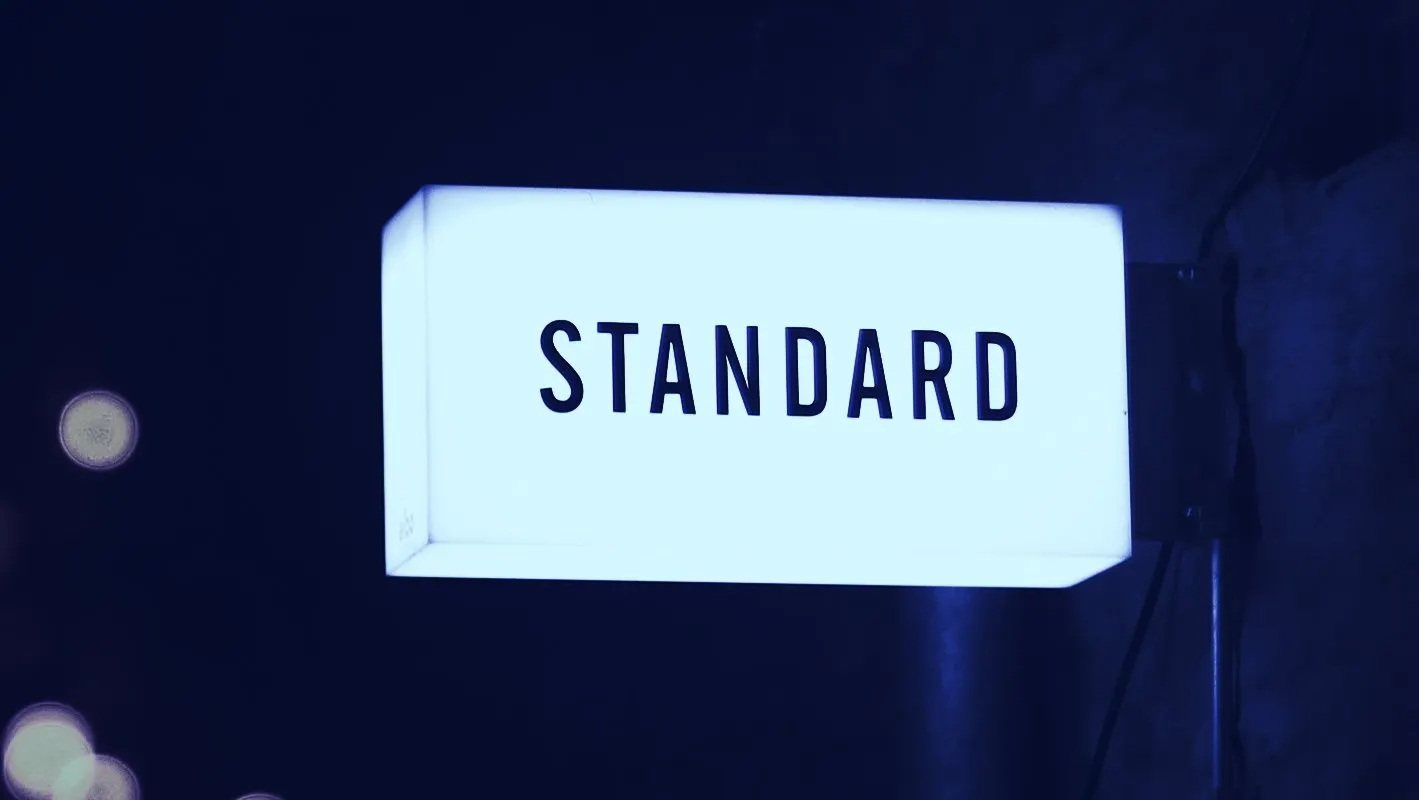The Enterprise Ethereum Alliance (EEA), a group backed by J.P. Morgan, Microsoft and Intel that creates open standards for the Ethereum network, today announced new standards for companies building on Ethereum, as well as a token-based reward system that incentivises members of companies to work together.
Under the new system, businesses can earn, share, and redeem token-based rewards. Businesses can also dish out three types of tokens: “reputation”, “reward”, and “penalty”. The new system leverages Hyperleger Besu, an EEA standards-based Ethereum client for businesses. The system connects to a Trusted Compute pool, also developed according to specifications created by the EEA.
“We expect developers building Enterprise Ethereum-related technologies to be motivated to submit projects to Hyperledger,” said Brian Behlendorf, executive director of Hyperledger and an EEA Associate Member. “We hope that project maintainers will consider taking de-facto interfaces that are suitable for standardization to the appropriate Special Interest Group at the EEA.”
The news was announced at DEVCON 5, Ethereum’s annual conference. A demonstration will take place tomorrow. It was developed by the EEA Trusted Execution Task Force, including ConsenSys (which funds an editorially independent Decrypt), PegaSys, Kaleido, Envision Blockchain, iExec, Intel, and Microsoft.
The work “demonstrated that seven very different EEA members can successfully collaborate to combine emerging technologies in novel ways that enable new economic benefits for enterprises,” said EEA member and ConsenSys “Blockchain Swiss Army Knife”, Dr. Andreas Freund.
Alongside the new system, the EEA also published new specifications for privacy and permissioning. “The EEA brings together a standards-based approach for tokenization and off-chain compute to define the building blocks needed to drive global interoperability,” said Marley Gray, EEA board member and principal architect at Microsoft.

